This is The Takeaway from today’s Morning Brief, which you can sign up to receive in your inbox every morning along with:
How does our tendency to procrastinate show up in corporate finance?
For Tesla (TSLA), it’s customers rushing to purchase vehicles just before the expiration of crucial tax credits. The electric auto company reported surprisingly strong third quarter global deliveries Thursday as the sunset of the $7,500 federal tax credit in the US appeared to reverse what had been a sales decline.
The sunny report served as a stark reminder that Tesla, and other EV makers, face a harsher market ahead without the draw and cushion of government subsidies. Because it wasn’t just Tesla that enjoyed a last-minute feast of sales.
Tesla’s robust Q3 followed similarly strong EV sales results from GM (GM), Ford (F), and Rivian (RIVN), my colleague Pras Subramanian reported. Buyers likely fast-tracked their decisions to purchase EVs after a Republican-led Congress phased out the federal tax credit.
The rush to cash in on tax breaks before their end comes at a moment of uncertainty for Tesla. A challenging first half of the year, tied in part to the public backlash against CEO Elon Musk, has weighed on the company, just as it works to redefine itself as an AI and robotics giant.
That helps explain why the stock fell even after beating Wall Street delivery estimates, but remains near all-time highs.
If the criticism against Tesla — the stock — is that it is divorced from the actual business of selling cars, then the response from its leadership and faithful backers is that Tesla isn’t a car company, and shouldn’t trade like one.
Investors are eyeing production plans for the Cybercab, Tesla’s dedicated autonomous vehicle at the heart of its robotaxi service. The company plans to start churning them out as soon as next year. And the bulls hope it’s a paradigm shift.
“The AI valuation will start to get unlocked in the Tesla story, and we believe the march to an AI-driven valuation for TSLA over the next six to nine months has now begun,” Wedbush analyst and vocal Tesla bull Dan Ives said in a note to clients on Thursday.
But what’s most striking about Tesla’s bull case is that even as the company says farewell to special tax breaks, its most optimistic forecasts rely on — and perhaps even take for granted — another kind of government assistance elevating the company to multitrillion-dollar heights.
This is The Takeaway from today’s Morning Brief, which you can sign up to receive in your inbox every morning along with:
How does our tendency to procrastinate show up in corporate finance?
For Tesla (TSLA), it’s customers rushing to purchase vehicles just before the expiration of crucial tax credits. The electric auto company reported surprisingly strong third quarter global deliveries Thursday as the sunset of the $7,500 federal tax credit in the US appeared to reverse what had been a sales decline.
The sunny report served as a stark reminder that Tesla, and other EV makers, face a harsher market ahead without the draw and cushion of government subsidies. Because it wasn’t just Tesla that enjoyed a last-minute feast of sales.
Tesla’s robust Q3 followed similarly strong EV sales results from GM (GM), Ford (F), and Rivian (RIVN), my colleague Pras Subramanian reported. Buyers likely fast-tracked their decisions to purchase EVs after a Republican-led Congress phased out the federal tax credit.
The rush to cash in on tax breaks before their end comes at a moment of uncertainty for Tesla. A challenging first half of the year, tied in part to the public backlash against CEO Elon Musk, has weighed on the company, just as it works to redefine itself as an AI and robotics giant.
That helps explain why the stock fell even after beating Wall Street delivery estimates, but remains near all-time highs.
If the criticism against Tesla — the stock — is that it is divorced from the actual business of selling cars, then the response from its leadership and faithful backers is that Tesla isn’t a car company, and shouldn’t trade like one.
Investors are eyeing production plans for the Cybercab, Tesla’s dedicated autonomous vehicle at the heart of its robotaxi service. The company plans to start churning them out as soon as next year. And the bulls hope it’s a paradigm shift.
“The AI valuation will start to get unlocked in the Tesla story, and we believe the march to an AI-driven valuation for TSLA over the next six to nine months has now begun,” Wedbush analyst and vocal Tesla bull Dan Ives said in a note to clients on Thursday.
But what’s most striking about Tesla’s bull case is that even as the company says farewell to special tax breaks, its most optimistic forecasts rely on — and perhaps even take for granted — another kind of government assistance elevating the company to multitrillion-dollar heights.

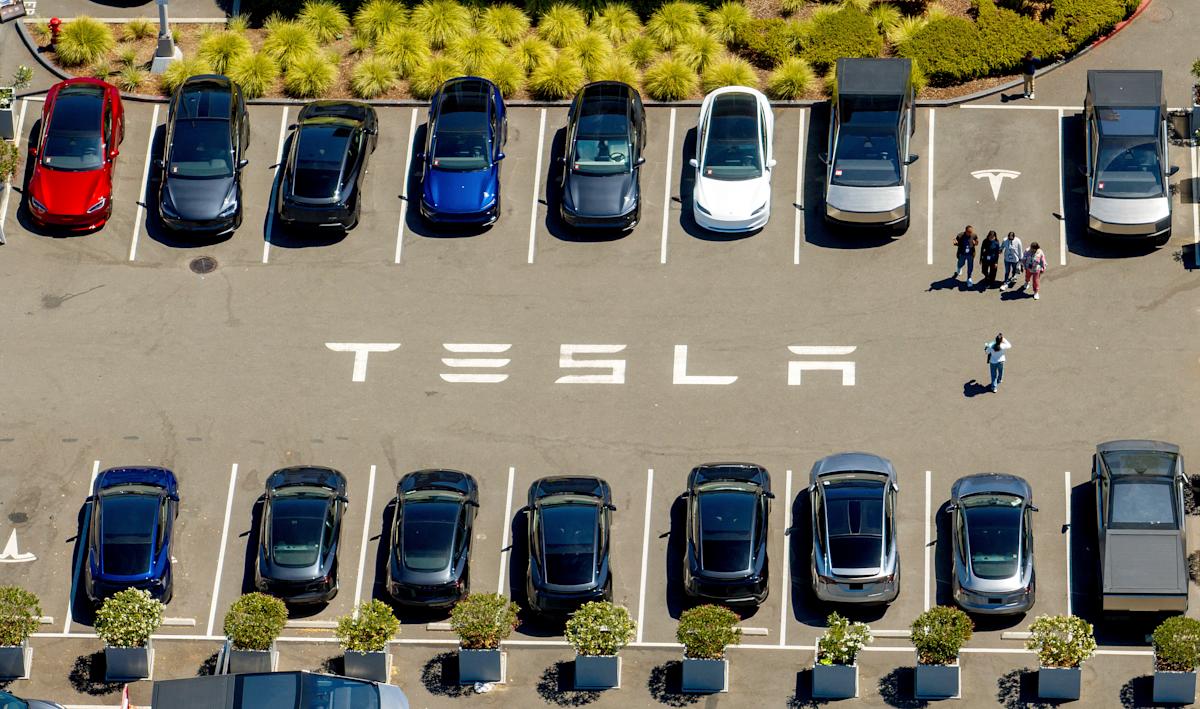




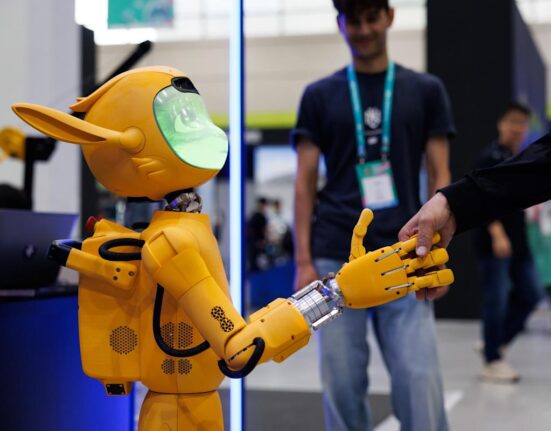
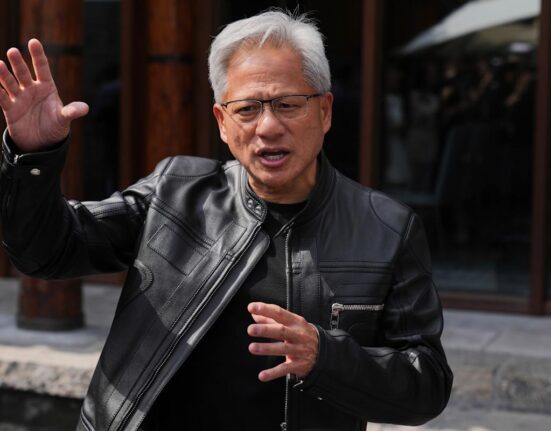

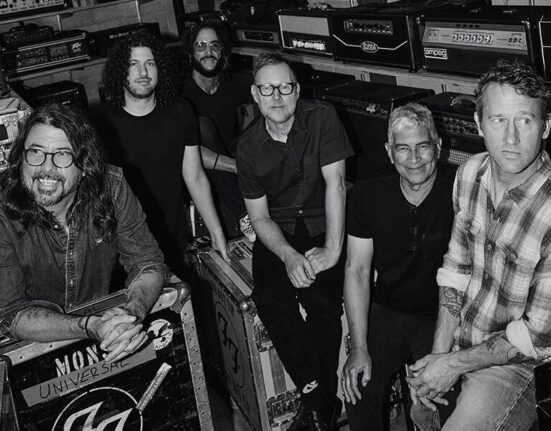

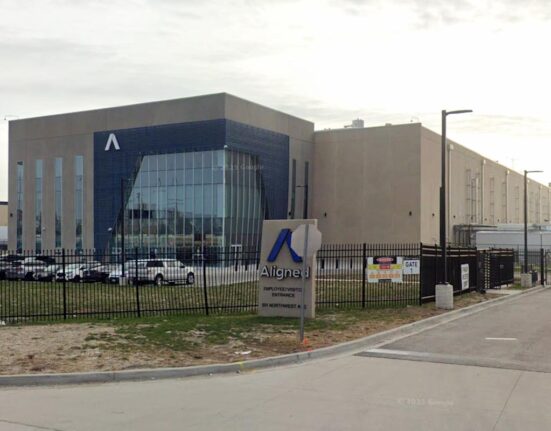
Leave feedback about this